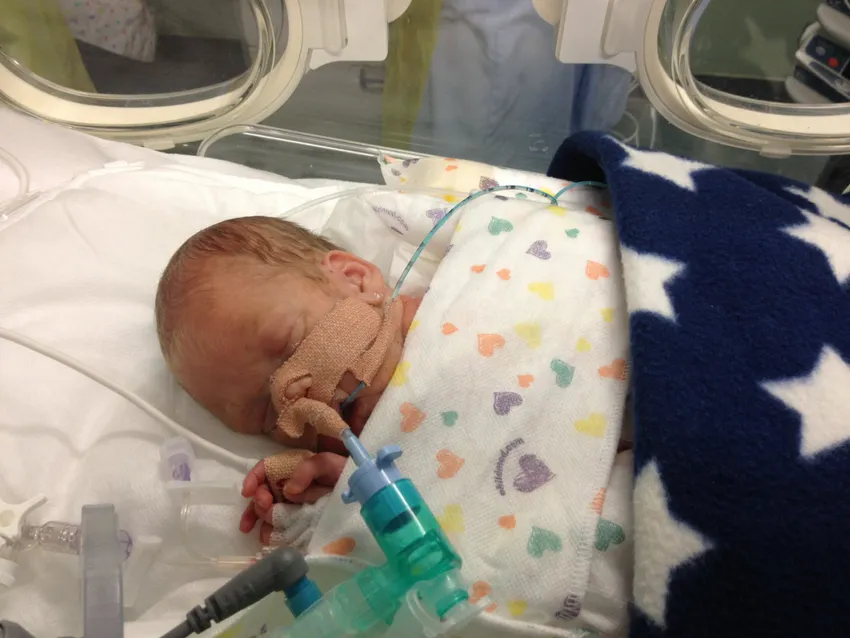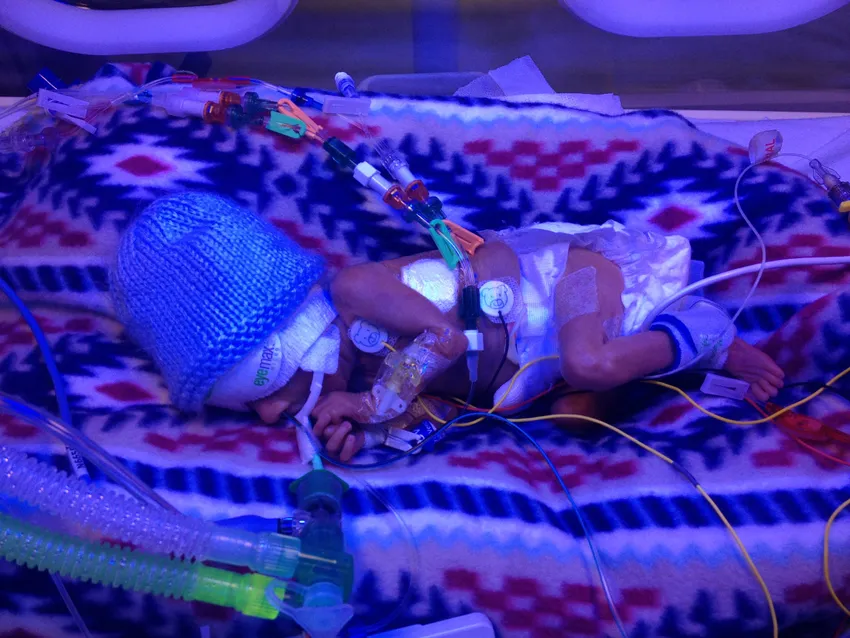This campaign has now closed
Premature babies are particularly vulnerable to a deadly intestinal disease called necrotising enterocolitis (NEC). By studying certain components of breast milk, researchers aim to understand their role in protecting babies from serious illness - and help save tiny lives.
Categories
Beneficiaries
Situation
Each year around 10,000 babies are born extremely prematurely – before 32 weeks of pregnancy – in the UK. Despite huge advances in neonatal care, up to 4,000 babies, like little Jack born at just 25 weeks, will develop NEC and/or a life-threatening complication of infection (sepsis) after birth. Tragically, many of these babies will lose their lives due to these dangerous complications. Those who survive are often left with lifelong, life-changing disabilities.
Solution
Sepsis and NEC are thought to be linked to imbalances in the microbiome inside a baby's gut. Breast milk is known to reduce the risk of these deadly infections in premature babies, and evidence suggests this is due to immune-boosting factors rather than its nutrients. We're supporting Dr Darren Smith and his team at the University of Northumbria at Newcastle to investigate certain components of breast milk, known as phages, to understand their role in protecting babies from harm.



